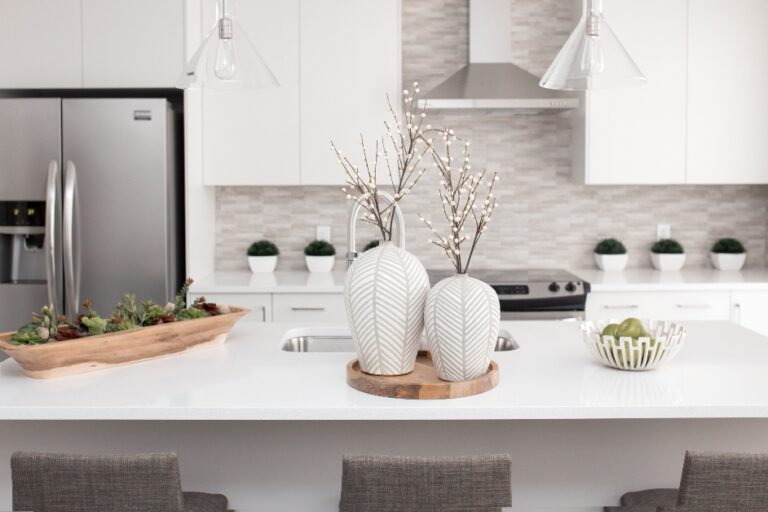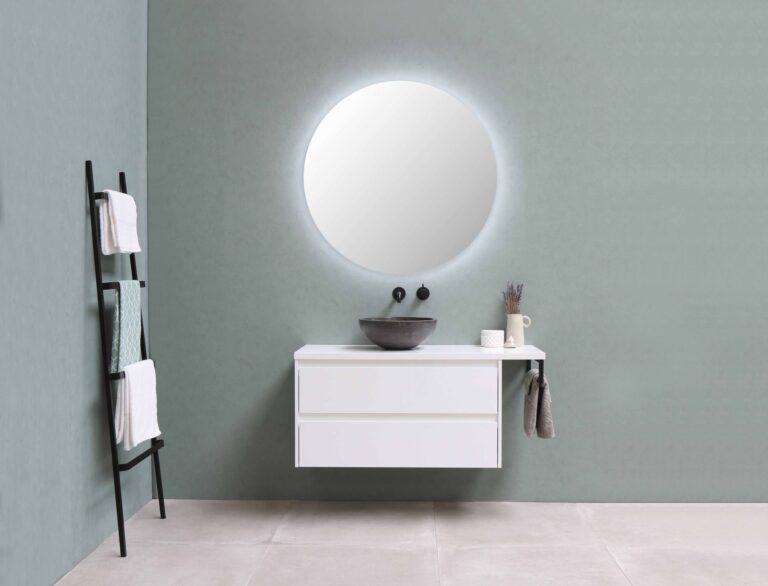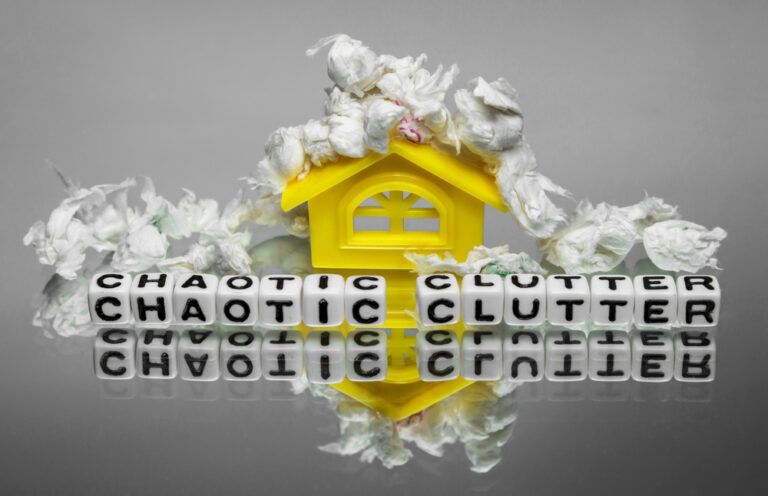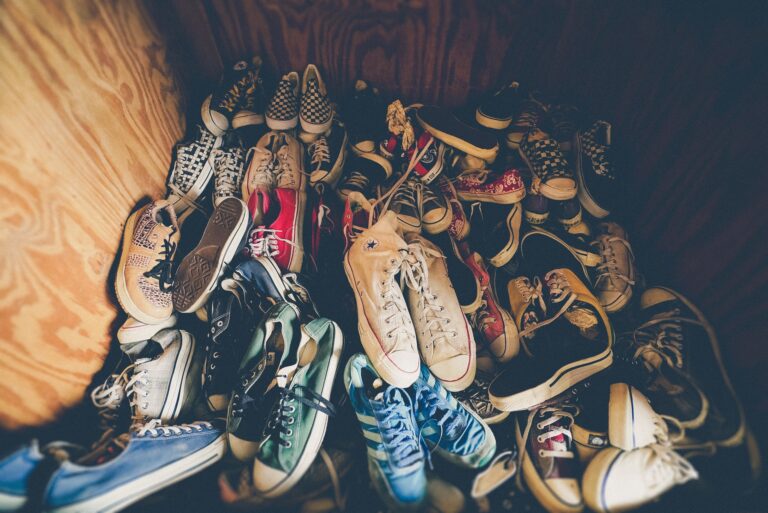How To Declutter Your Home When You Have So Many “Just-In-Case” Items
Are you someone who can’t seem to get rid of anything from your home, because you worry you might need it someday?
It’s so frustrating not being able to make any decluttering progress because of these ‘just in case’ items, right?
If you want to overcome the feeling of “what if I need this”, or “I want to keep it just in case” so you can declutter your home successfully, you’ve come to the right place.
In this post, I will offer mindsets and strategies for decluttering your home if you have lots of ‘just in case’ items. So if you’re ready to start decluttering your home, keep reading!
How to declutter your home when you have so many “just in case” items
Your main goal is to be rational when making decluttering decisions, so you can only keep items that are truly needed. The following are the tips to help you make rational decisions when you are worried you might need an item some day.
Tip#1: Don’t rush to make decisions
When under pressure, making rational decisions can be challenging.
If you’re feeling pressured due to unrealistic goals of completing the decluttering session within a specific timeframe, it’s a good idea to slow down. You can make the task more manageable by focusing on a really small area at a time, taking frequent breaks, or finding ways to make the decluttering process more enjoyable.
Moreover, if you feel the need for more time before deciding on certain items, try placing them in a noticeable area of your home (such as in the center of the hallway). This way, whenever you pass by them, you’re prompted to evaluate your needs for them
Tip #2: Be Realistic about your ‘just in case’ scenarios
Think through the “what if” or “just in case” scenarios in your head.
Ask yourself questions such as:
- Has something like this happened before?
- What are the chances will this event happen? 50%? 10%? Or 2%?
- Do I really need this very item to manage the situation?
I personally feel that once I’ve assigned a percentage number to the chance (no matter how accurate), my mind instantly becomes more logical.
It’s important to be realistic about the likelihood of those events happening so that you can make logical decisions regarding what to keep and what to get rid of.
Tip #3: Mentally prepare for the worst-case scenario
Ask yourself questions like:
- What would happen if I decluttered this item and later realized that I need it?
- Where can I re-purchase it?
- How much trouble would I go through, or how much to spend if I need to repurchase it?
- Is there a place to rent or borrow?
- How can I find a workaround so that I don’t need it?
Try to factor in costs, convenience and anything which may have an impact. If after considering all these points, you feel comfortable about the your answers, then go ahead and declutter the item.
When you logically think through the worst-case scenarios, you might realize that what you were worried about is really not much of a big deal. And that you can confidently handle the situation if it ever happens.
Tip #4: Set a deadline
If you’re concerned about making a mistake by getting rid of certain items, why not give it some time and see if the situation arises? Here is what you can do:
Put all of your ‘just in case’ items into a box. Put a label on the box and write:
TO DONATE ON THIS DATE: _________________
The blank space on the label is where you write a date that is 6 months from now, or 9 months, or 1 year…you decide.
Then you can put the box away, knowing where you can retrieve any items if your ‘just in case’ scenarios ever happen before the deadline.
And when the deadline arrives, you will do as promised, donate everything that is in the box.
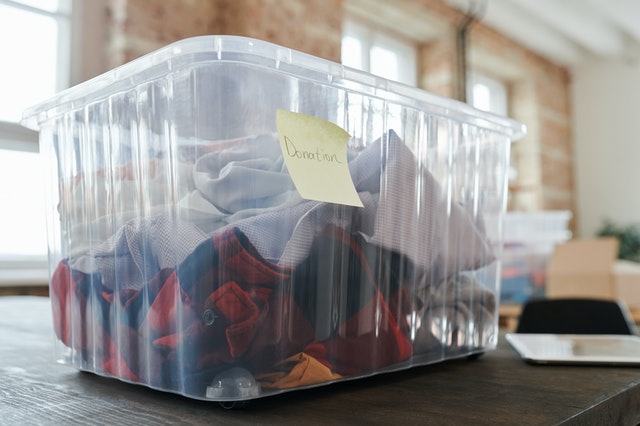
Tip#5: Set criteria for items that are easily replaceable
What is your biggest fear about decluttering ‘just in case’ items?
Is it that when you really need something that you’ve gotten rid of, you will have to look all over to find a store that sells it? Or that you’ll have to spend lots of money on it again?
How about setting some criteria to get rid of items that are easily replaceable? This way, you can declutter anything that fits the criteria without feeling unease.
First, you need to come up with a price limit and a time limit that you are comfortable with. Let me give you my own example.
I follow a $30/30min rule:
Whenever I am unsure about whether to declutter something, I think about how much money it costs, and how much time it takes me to go to the nearest store to buy it again.
If the item costs less than 30 dollars, and there is a store that sells it within 30 minutes from where I live, then the item fits my ‘easily replaceable’ criteria. I would let it go.
You can change the dollar or/and time limit to suit your needs.
This way, you are not too fussed about parting with these ‘just in case’ items since you know that if necessary, you can easily buy them again at any moment.
Tip#6: Don’t use ‘just in case’ as excuses to put off decluttering
Decluttering is hard. That’s why it is a lot easier telling yourself that you’ll definitely use those items some time in the future, and getting rid of them now would be a waste.
Although this thought lightens your burden temporarily, it prevents you from taking the correct action.
So next time you find yourself saying ‘I might need this someday’ too often, pause for a little bit. Think about the purpose and goal of your decluttering project. Why do you want to declutter in the first place?
When you have a clear goal, you will be able to focus on your decluttering project until you are done.
Tip #7: prevent future ‘just in case’ items from coming to your home
The best way to get rid of ‘just in case’ items is, well, trying your best not buying them in the first place!
Being more intentional with your purchasing decisions is one of the best ways to prevent ‘future clutter’ from coming to your home.
Instead of purchasing single-use items, why not consider renting or borrowing them? If you need something for an upcoming event like a birthday or wedding, there’s often people willing to lend what you need – this way everyone gets to make use of it.
You may be tempted by great sales or promotions, but by being more intentional when shopping and taking time to consider whether you really need something, you can avoid buying items that will soon to be clutter at your home.

Learning how to shop more intentionally will go a long way in helping to keep your home clutter-free.
Conclusion
It can be tough to declutter your home when you have a lot of “just in case” items because it’s hard to let go of things that we think we might need someday.
But chances are, you’ll never actually use those things and they’ll just end up taking up valuable space in your home.
To recap, the tips mentioned above are:
- Don’t rush to make decisions
- Be realistic about the ‘just in case’ scenarios
- Mentally prepare for the worst-case scenarios
- Don’t use ‘just in case’ scenarios as excuses for procrastinating
- Set a deadline for it
- Get rid of something that’s easily replaceable
- Prevent future ‘just in case’ from getting into your home
Use these tips to help declutter your home and get rid of all those “just in case” items!

